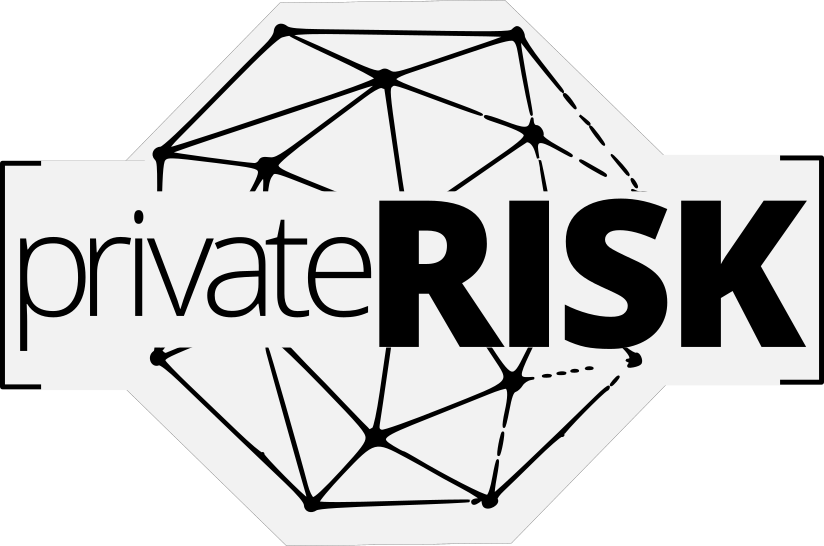GEICO Counsel Disqualified; Claim Goes Unaddressed
A Law360 article recently confirmed that GEICO narrowly missed being dragged into Federal Court in Florida for allegedly dragging its feet on payment of a claim from a 2007 auto incident. After the plaintiff declined a settlement offer and won a suit judgment of $3MM against the defendant in 2013, GEICO was defending its position for nearly 3 years.
On April 8, 2016, the plaintiff filed a motion to disqualify GEICO’s lawyers in the case “due to their improper review, maintenance, and use of inadvertently produced documents,” according to a document filed in U.S. District Court. Alleging that the attorneys used confidential information to drag their feet on the claim.
U.S. Judge Carlos Mendoza agreed that the GEICO’s lawyers violated a Florida Bar rule requiring them to notify the opposing counsel when confidential information is accidentally released. He ordered GEICO to obtain new counsel by May of 2017. Since that time, GEICO has been seeking to settle with the plaintiff.
Case Facts
This is a strange one as the details are not fully disclosed since this did not go to trial. What we do know:
- In the fall of 2007, the defendant struck the plaintiff with her car
- The plaintiff was a pedestrian who sustained significant, permanent injury
- GEICO had failed to reply for months to settle the claim, which would have been capped at the policy limits of $10,000 per person / $20,000 per occurrence
- 11 months later, GEICO’s offer to settle was rejected by the plaintiff “due to Geico’s failure to timely resolve [her] claim against” the vehicle operator
- In 2013, the plaintiff took the vehicle operator to court and received an excess judgment of $3,000,000
- In 2015, the plaintiff’s attorneys went back after GEICO to seek collection of damages
- In 2016, the plaintiff’s attorneys accidentally sent information about their strategy against GEICO to GEICO’s counsel
- In 2017, the judge disqualified GEICO’s attorneys and required them to secure new counsel within 3 months
- In 2019, the plaintiff and GEICO settled for an undisclosed amount just before the case was due to hit trial

privateRISK Analysis of the GEICO Lawyer disqualification case
Like all of our mini-case studies, we want to take a quick look at how this can affect private families. Here, this is a good illustration of how carrier selection can have a negative impact on liability protection.
Carrier Selection Makes a Difference
We can assume from the fact that the insurance policy covering the operator of the vehicle which struck the pedestrian was at State Minimum limits, that they were not a very wealthy family but they suffered in the same manner that any family would–the lack of prompt response from their insurer put the defendant at risk to the tune of a $3MM charging order.
Timely Reporting of Claims and Responding to Demands
It is insurance claim 101: you report the loss, the carrier responds, and things proceed down a path of resolution. Since this claim went unaddressed for so long, the plaintiff attorneys found a way to seek, and ultimately secure, a punitive judgment.
Select Appropriate Coverage Limits
Even before addressing a claim, you have to secure a policy. With appropriate limits, including primary and excess liability coverage, these types of losses are usually settled quickly and before a penalty could be applied.
How Much Will Ultimately Be Paid Out?
We will never know the settlements reached behind closed doors. However, with a $3MM verdict in hand, the plaintiff attorneys had a strong case to argue for a settlement near that, if not higher.
Lesson Learned
GEICO learned the biggest lesson in that timely response and a solid record of correspondence can prevent punitive damges. What could have been settled by promptly surrendering their policy limits of $10,000 quickly turned into a loss of hundreds of thousands or even multi-millions.
Conclusions and Further Reading on Liability Planning
Liability planning is critical and appropriate limits are key. However, having a good carrier partner is a critical part of that. The right insurer will:
- Having a strong financial strength rating
- Broad contract with minimal applicable exclusions
- Offer appropriate coverage limits, including both primary and excess layers
- Demonstrate a strong track record of claims adjustment through best practices and standardized workflows
- Have an understanding of a client’s specific needs and expectations in a crisis situation
If you want to learn more, we suggest reading our guide on Appropriate Insurers for Successful Families
About the author

Bob
Strategist | Advisor | Thought Leader
Bob Raymond manages risk for many of the country’s preeminent families and family offices. He is an outside director, educator, and the founder of privateRISK.
